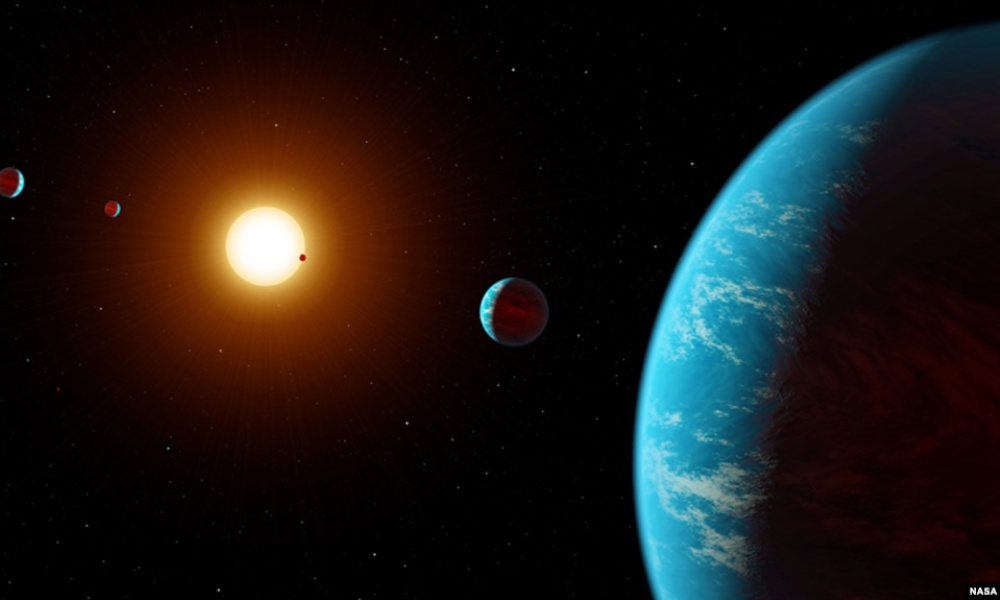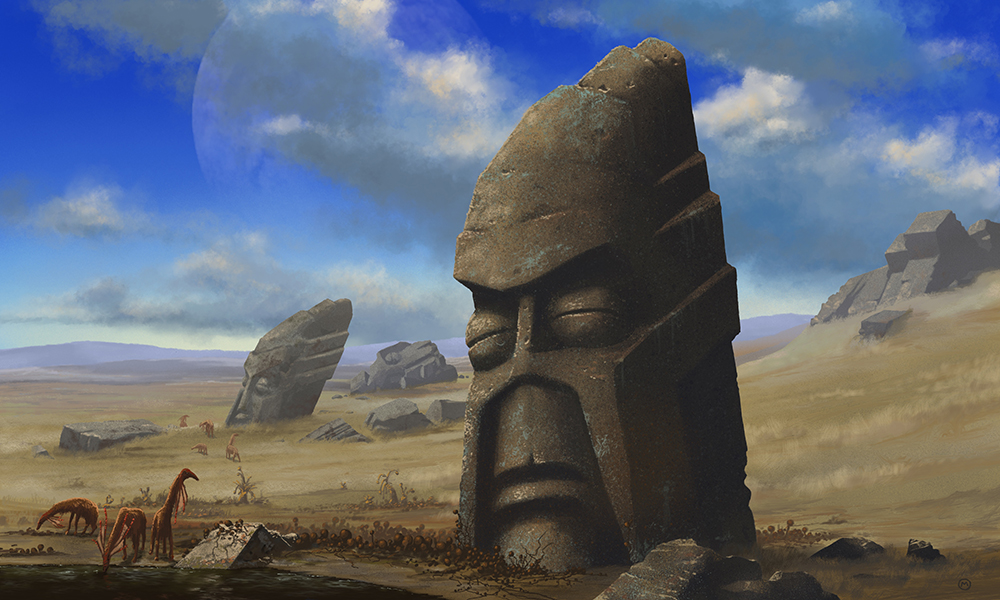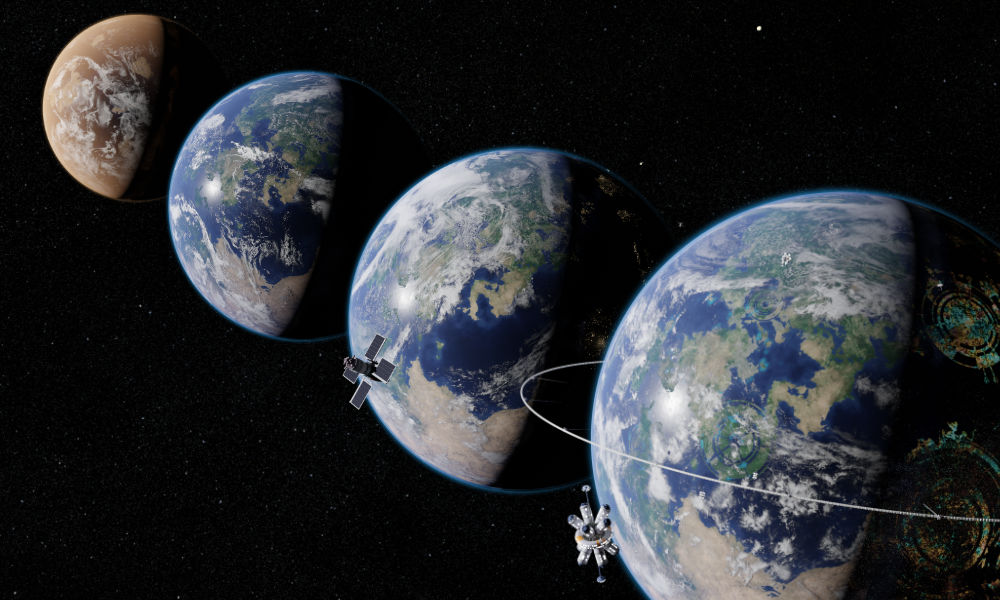UFOs and UAPs have long interested science fiction fans, screen writers, conspiracy theorists, and, yes, scientists. But now there’s a new player in town, and it’s a game changer—NASA.
What are UFOs? UFO stands for unidentified flying objects. They are sometimes also referred to as unidentified aerial phenomena, or UAP. Some people believe that sightings of UFOs and UAPs are evidence of extraterrestrial intelligence. In a Newsweek op-ed, Adam Frank, the Helen F. and Fred H. Gowen Professor of Physics and Astronomy at the University of Rochester, disagrees:
To date, there is simply no data—no evidence—strong enough to link them [UFOs] to alien life. Fuzzy videos and personal narratives, as engaging as they may be, are simply not enough to support such an extraordinary claim.
Now though, America’s space agency has announced it is convening a commission to investigate UAPs. “If it’s handled well, the commission could do more than shed much-needed light on UAPs,” writes Frank. “It could also give Americans a masterclass in the most basic, most important, and unfortunately, most boring topic in science: standards of evidence.”
As Frank explains, scientists have the technology to detect biosignatures, which occur when a distant planet is clothed in a biosphere whose life alters the host world’s atmosphere biosignatures—in other words, signs of life. “But as exciting as this prospect is, we won’t ever be able to claim we’ve found life without those all-important standards of evidence,” Frank writes. “And it’s those standards, stated clearly and followed precisely, that have everything to do with UFOs and NASA.”
If—or perhaps when?—NASA detects life elsewhere in the universe, the finding will come with the weight of the standards of evidence embodied by the agency. According to Frank:
The real opportunity lying in the proposed NASA study is not just about what it finds. Instead, it’s about showing the American people how NASA, and science in general, goes about the business of finding. Showing people how science and those standards of evidence work in a transparent way, and on a subject everyone is interested in, could be a powerful moment.
- Read the full Newsweek op-ed online.

Astrophysicist Adam Frank
A self-described “evangelist of science,” Frank regularly writes and speaks about subjects like intelligent life forms in the universe, high-energy-density physics, space exploration and missions, climate change, and more.




